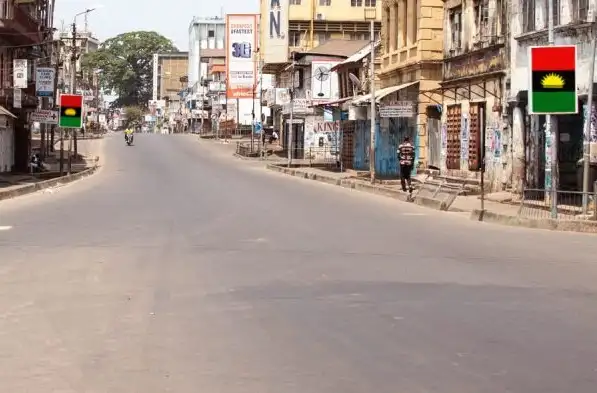One year after the anti-immigration riots that swept across various towns and cities in England, the United Kingdom continues to grapple with the profound social and economic repercussions. The unrest, ignited by false online rumors following a tragic incident in Southport, led to over 1,800 arrests and targeted hotels housing asylum seekers. Despite government interventions, including the closure of contentious asylum hotels and the establishment of a commission on community cohesion, local authorities, Members of Parliament, and community groups report that conditions have deteriorated. There is a notable rise in anti-Muslim sentiment, increased online misinformation, and growing distrust in institutions.
The riots were precipitated by a mass stabbing in Southport on July 29, 2024, which resulted in the deaths of three young girls. False claims circulated online alleging that the perpetrator was a Muslim asylum seeker, fueling widespread unrest. The violence that ensued included racist attacks, arson, and looting, marking the most significant social upheaval in England since the 2011 riots. By early September 2024, authorities had arrested 1,280 individuals, with nearly 800 charged in connection with the disturbances.
In the aftermath, communities have faced significant challenges. Asylum seekers report heightened anxiety and fear, with many expressing concerns about their safety and well-being. The climate of hostility has intensified, particularly on social media platforms, where disinformation and racist rhetoric have surged. This online environment has exacerbated tensions and contributed to a sense of insecurity among minority communities.
Economically, the riots have had a detrimental impact on local businesses and the housing market. In areas like Rotherham, the destruction of property and the decline in property values have been significant. The local economy, already struggling due to post-industrial decline, has been further strained by the unrest. The town, which has a population of 265,000, has faced challenges in rebuilding and restoring community trust.
The government’s response has included policy changes, such as a migrant returns deal with France and sanctions against smugglers, alongside efforts to phase out hotel accommodations for asylum seekers. However, local leaders and community groups express concern that these measures have been insufficient. They warn that communities remain volatile, likened to a “powder keg,” amid ongoing political and social strain.
In summary, one year on from the anti-immigration riots, the UK continues to confront the deep-seated issues of social division, economic hardship, and community distrust that were exacerbated by the violence. The path to healing and reconciliation remains complex, requiring sustained efforts from all sectors of society to address the underlying causes and rebuild the fabric of affected communities.












Do these riots reflect genuine concerns or just xenophobia? Lets dig deeper instead of brushing it off as solely anti-immigrant sentiment.
Do you think the government should invest more in integration programs to prevent future anti-immigration riots? Lets discuss!
I think the article overlooks the underlying issues fueling anti-immigration sentiments. Its more complex than just focusing on the riots.
I disagree with blaming all anti-immigration protests for riots. Not all protesters incite violence. Lets consider individual actions.
I just dont get why people cant see the benefits of diversity. We should celebrate it, not fight against it.
I think the article overlooks the underlying issues fueling anti-immigration sentiments. More analysis needed!
I cant believe people still support anti-immigration riots after all the damage caused. When will we learn to embrace diversity?
Do these riots reflect a deeper issue within society or are they just isolated incidents? Lets discuss!